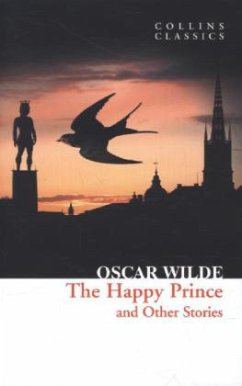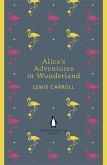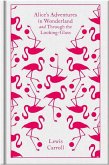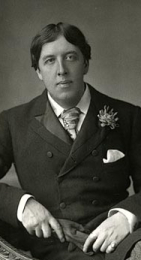HarperCollins is proud to present its incredible range of best-loved, essential classics.
'Dear Prince, I must leave you, but I will never forget you, and next spring I will bring you back two beautiful jewels in place of those you have given away. The ruby shall be redder than a red rose, and the sapphire shall be as blue as the great sea.'
In 'The Happy Prince' a statue - jewelled and opulent - keeps careful watch over the city and its inhabitants. Enlisting the help of a swallow, his selfless acts bring comfort to those most in need. 'The Nightingale and the Rose' is a tragic tale of personal sacrifice in the name of love, while in 'The Selfish Giant' the end of an eternal winter finally brings springtime and happiness.
In this collection of enchanting tales from a master storyteller, Oscar Wilde has entranced readers both young and old since publication in the late nineteenth century.
'Dear Prince, I must leave you, but I will never forget you, and next spring I will bring you back two beautiful jewels in place of those you have given away. The ruby shall be redder than a red rose, and the sapphire shall be as blue as the great sea.'
In 'The Happy Prince' a statue - jewelled and opulent - keeps careful watch over the city and its inhabitants. Enlisting the help of a swallow, his selfless acts bring comfort to those most in need. 'The Nightingale and the Rose' is a tragic tale of personal sacrifice in the name of love, while in 'The Selfish Giant' the end of an eternal winter finally brings springtime and happiness.
In this collection of enchanting tales from a master storyteller, Oscar Wilde has entranced readers both young and old since publication in the late nineteenth century.









